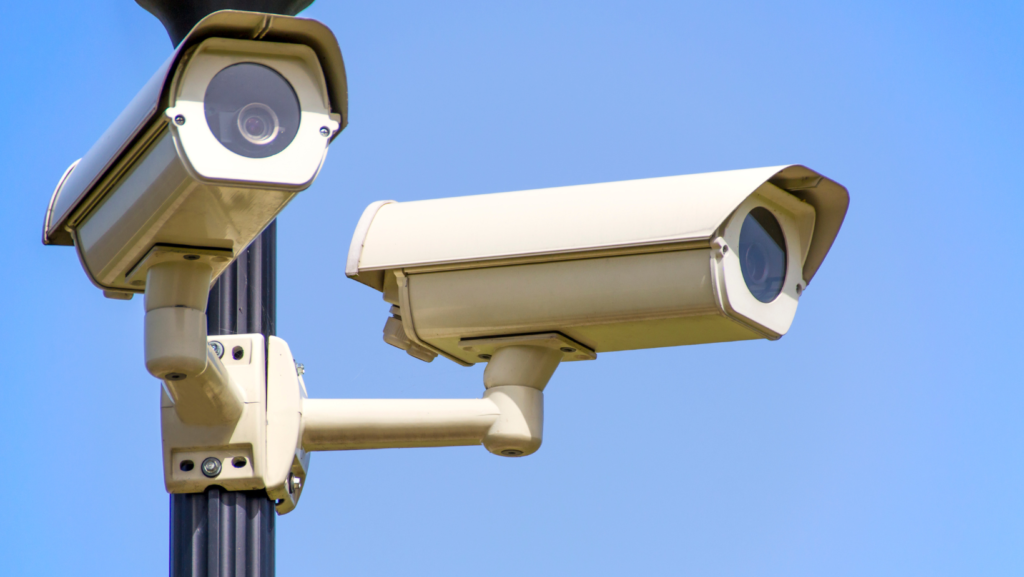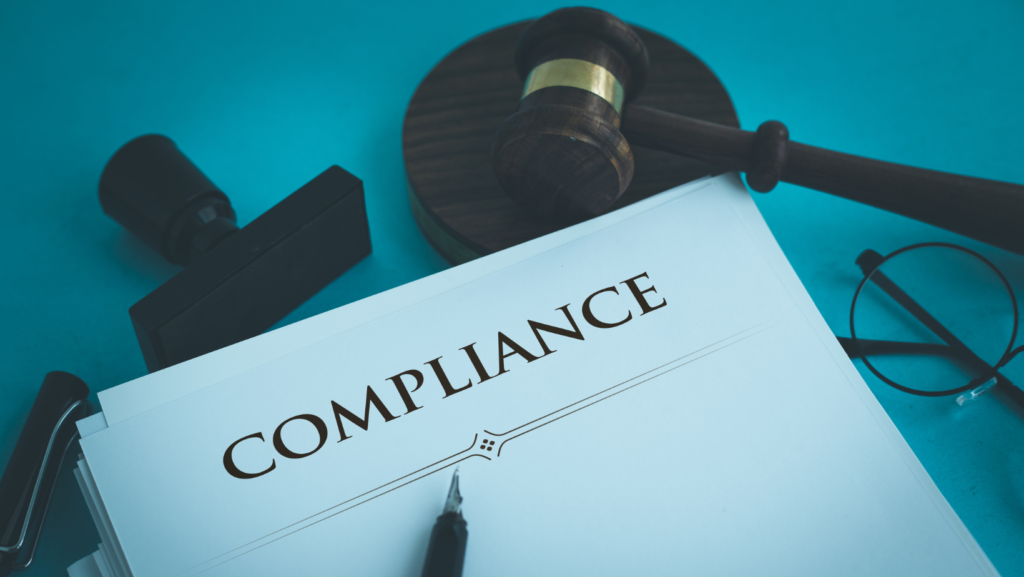7 Event Security Policy Essentials for Event Companies and Employees
7 Event Security Policy Essentials that are crucial during events have been shared by Benison Events through this article on emphasizing their role in maintaining a secure environment and minimizing potential risks.
Event management is a complex undertaking that requires careful consideration of safety and security. To ensure the well-being of attendees and the smooth operation of events, event companies must establish comprehensive security policy agreements with their contracted employees.
- Clearly Define Roles and Responsibilities

A security policy agreement outlines the specific roles and responsibilities of contracted employees regarding event security. Accordingly, it establishes clear guidelines for tasks such as access control, crowd management, emergency response, and surveillance. By providing a framework for understanding their duties, the agreement ensures that contracted employees work in harmony, enhancing the overall effectiveness of security operations.
- Maintain Consistency in Security Procedures

A well-crafted security policy agreement establishes standardized security procedures throughout the event. It includes guidelines for bag checks, screening protocols, and perimeter security measures. Additionally, the agreement promotes a unified approach and minimizes the potential for security breaches or vulnerabilities by ensuring consistency.
- Enhance Communication and Collaboration

Effective communication and collaboration are crucial for successful security management during events. Also, a security policy agreement facilitates clear communication channels, reporting protocols, and information-sharing mechanisms between event companies and contracted employees. This fosters prompt response to security incidents, improves
- Mitigate Security Risks

Events are susceptible to various security risks, including theft, vandalism, or unauthorized access. A security policy agreement addresses these risks by implementing preventive measures such as regular patrols, ID verification procedures, and comprehensive security training. By proactively mitigating security risks, the agreement helps ensure the safety and well-being of event attendees.
- Enable Efficient Emergency Preparedness and Response

In the event of an emergency, a security policy agreement provides clear guidelines for contracted employees to respond effectively. It outlines evacuation procedures, emergency contact information, and communication protocols. By preparing employees for emergencies, the agreement helps minimize panic, facilitates orderly evacuations, and ensures the safety of event participants.
- Ensure Compliance with Legal and Regulatory Requirements

Compliance with legal and regulatory requirements is vital for event companies. A security policy agreement ensures that contracted employees adhere to relevant laws, permits, and licensing obligations. It covers areas such as privacy protection, fire safety regulations, crowd management guidelines, and adherence to local principles. By prioritizing compliance, the agreement basically minimizes the risk of legal issues and penalties.
- Promote Professionalism and Accountability

A security policy agreement sets expectations for professionalism and accountability among contracted employees. It emphasizes ethical conduct, confidentiality, and the maintenance of a professional demeanour while on duty. By promoting a culture of responsibility, the agreement enhances the reputation of event companies, builds trust with event organizers and participants, and fosters a secure and welcoming environment.
Insights from real incidents in India

The Kumbh Mela, a major religious gathering in India, witnessed a tragic incident in 2013 when a stampede occurred due to insufficient crowd management and security measures. Because, the absence of an effective security system, including barricades, crowd control mechanisms, and trained personnel, led to a chaotic situation. As a result, several attendees lost their lives and many others were injured.
This incident underscores the critical need for a comprehensive security system to manage large-scale events and ensure the safety of participants.
2. Fire Incident at a Mumbai Nightclub

In 2017, a fire broke out at a popular nightclub in Mumbai during a live music event, claiming several lives. Investigations revealed that the venue lacked adequate fire safety measures, including emergency exits, fire extinguishers, and proper evacuation procedures.
The absence of a robust security system to monitor and enforce safety protocols consequently resulted in a devastating loss of guests. This incident highlights the importance of implementing stringent security measures, including fire safety protocols, in venues hosting events to prevent such tragic incidents.
3. Theft and Burglary at a High-Profile Wedding
In several instances, high-profile weddings in India have witnessed thefts and burglaries due to inadequate security arrangements. These events often attract a large number of guests, making them vulnerable to criminal activities. Insufficient security personnel, lack of proper access control, and inadequate surveillance systems have allowed thieves to target the valuable possessions of guests. This showcases the necessity of implementing comprehensive security systems that encompass physical security measures, including strict access control, surveillance cameras, and well-trained security staff.
4. Taj Skyline Mishap- Youth Dies
The incident at Taj Skyline Hotel highlights serious security issues where Amit Thakur, fell to his death from the foyer of the Hotel. The fragile glass railing failed to support even slight weight, posing a risk to guests during events like weddings. This incident exposes major lapses in safety standards, putting lives at stake. Reputed hotels must prioritize fire, life, and safety compliance, employing specialist consultants to ensure occupant well-being. The incident also suggests potential safety compromises due to pandemic challenges and relaxed building regulations. The incident serves as a wake-up call for the industry to prioritize guest safety above all.
Security policy agreements are a fundamental aspect of event management, providing a framework for maintaining a secure environment, minimizing risks, and ensuring the safety of attendees. By clearly defining roles and responsibilities, maintaining consistency in security procedures, enhancing communication and collaboration, mitigating security risks, enabling efficient emergency response, ensuring compliance, and promoting professionalism and accountability, these agreements contribute to the overall success of events. Event companies must prioritize the establishment and implementation of the above 7 Event Security Policy Essentials to deliver exceptional and secure event experiences.



One response
[…] measures, emergency plans as well as medical support. Adequate signage, trained personnel, and compliance with safety regulations are […]